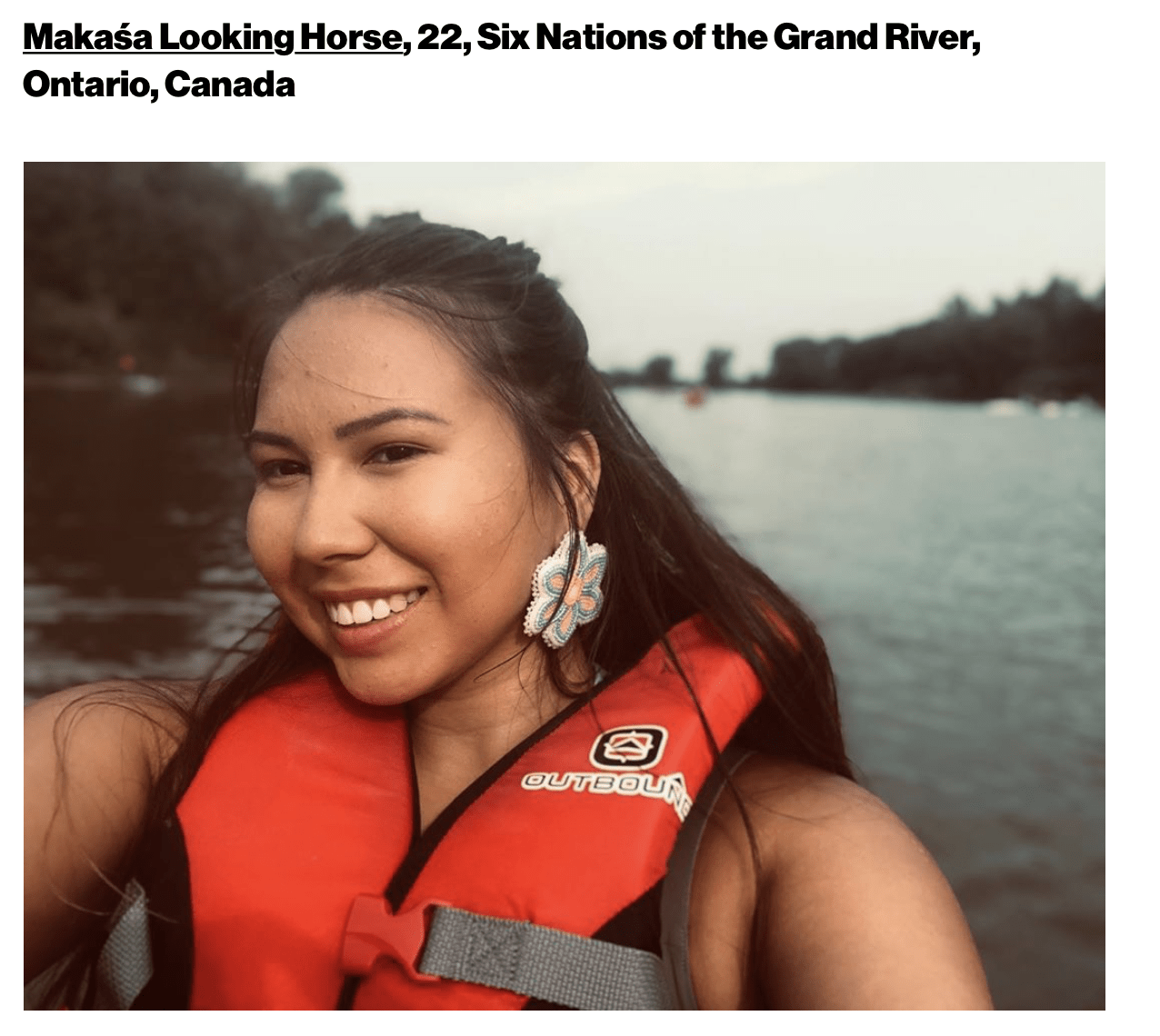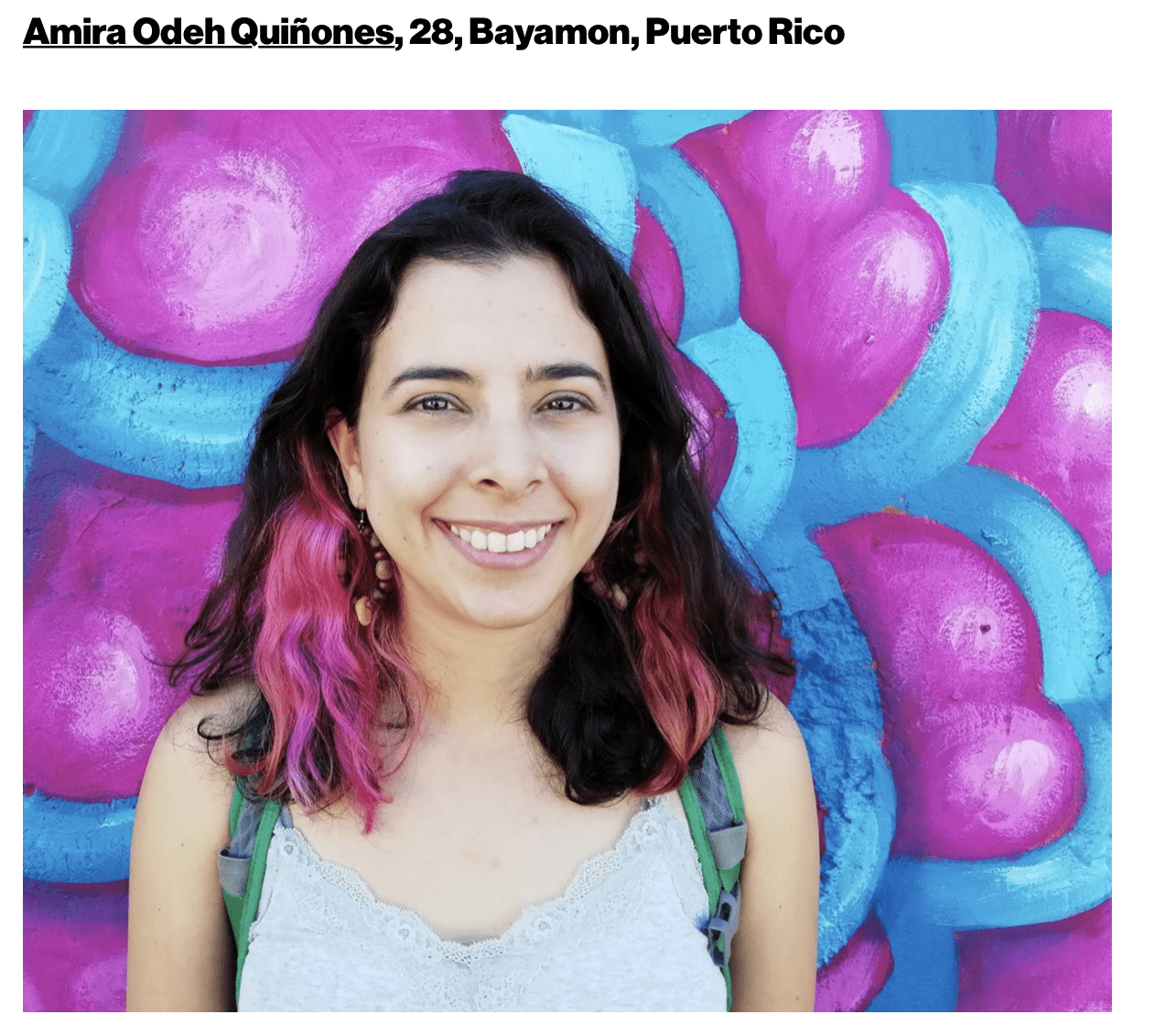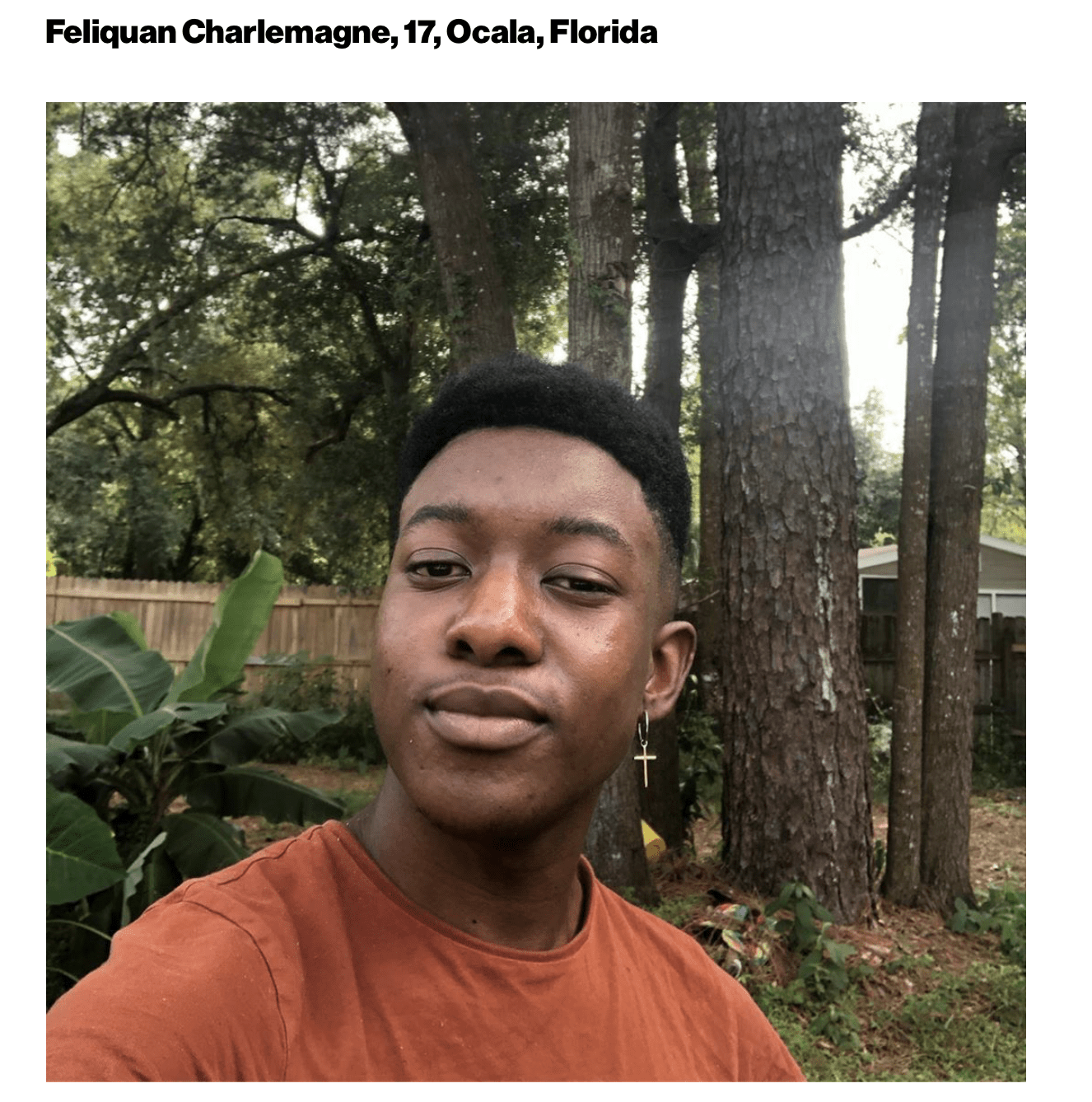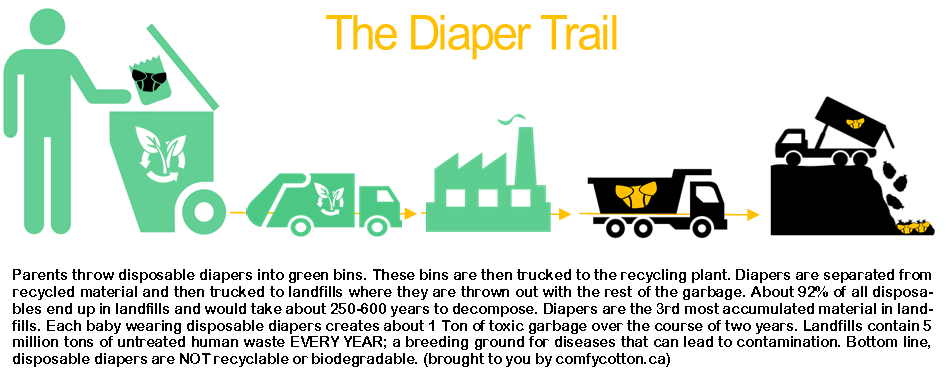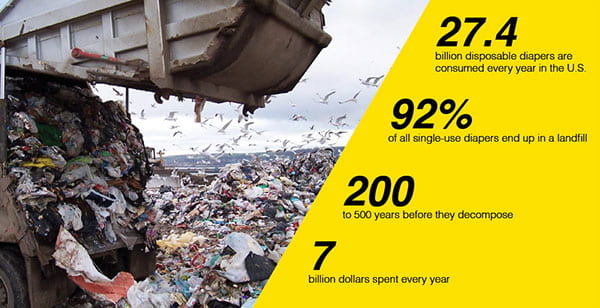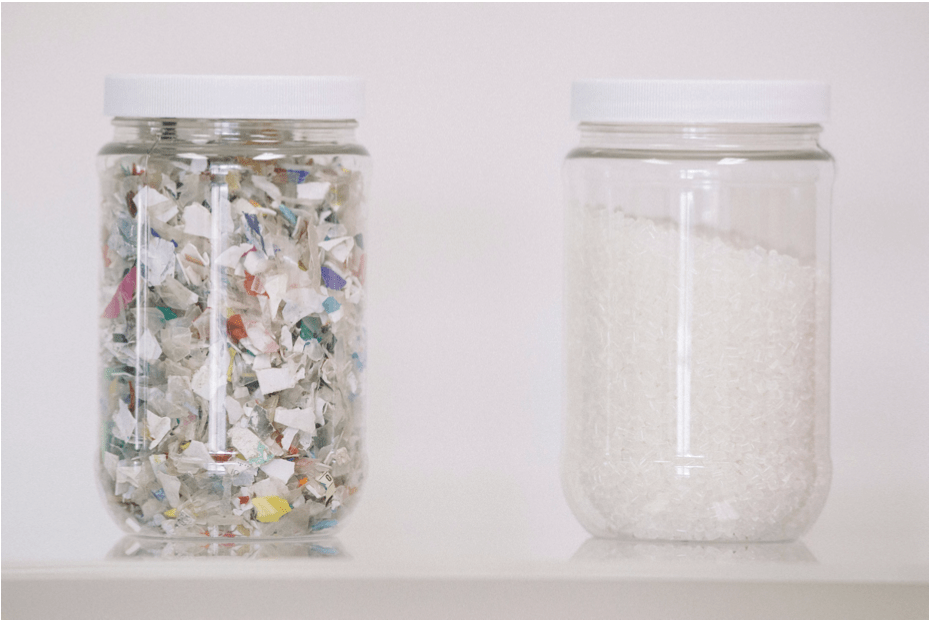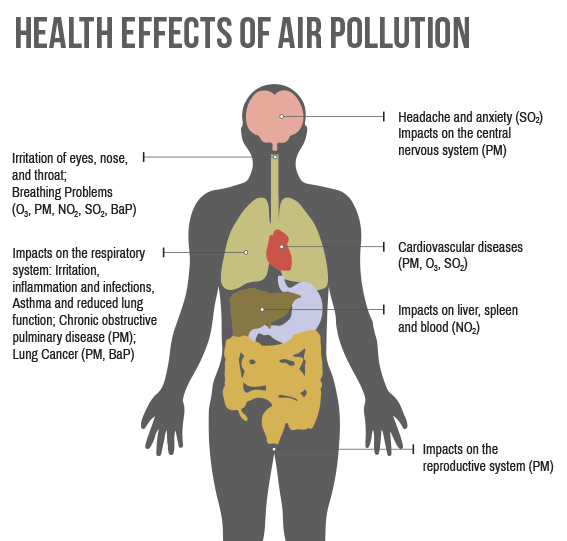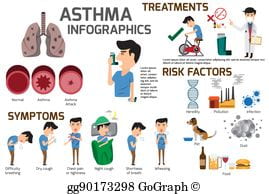Greta Thunburg has been making waves on social media, in national headlines and during policy debates. But why her? She is not the first youth leader to join the fight for climate justice — but she is white. As a privileged white person growing up in a wealthy Manhattan bubble, my voice is almost always heard too, and when it isn’t, I am capable of fighting back to take up that space without genuine repercussions. People of color (POC) often do not have this same privilege and guarantee of safety, and yet, time and time again they have led the majority of direct action social movements historically (think Gandhi, MLK, Mandela, Rosa Parks, and so forth).

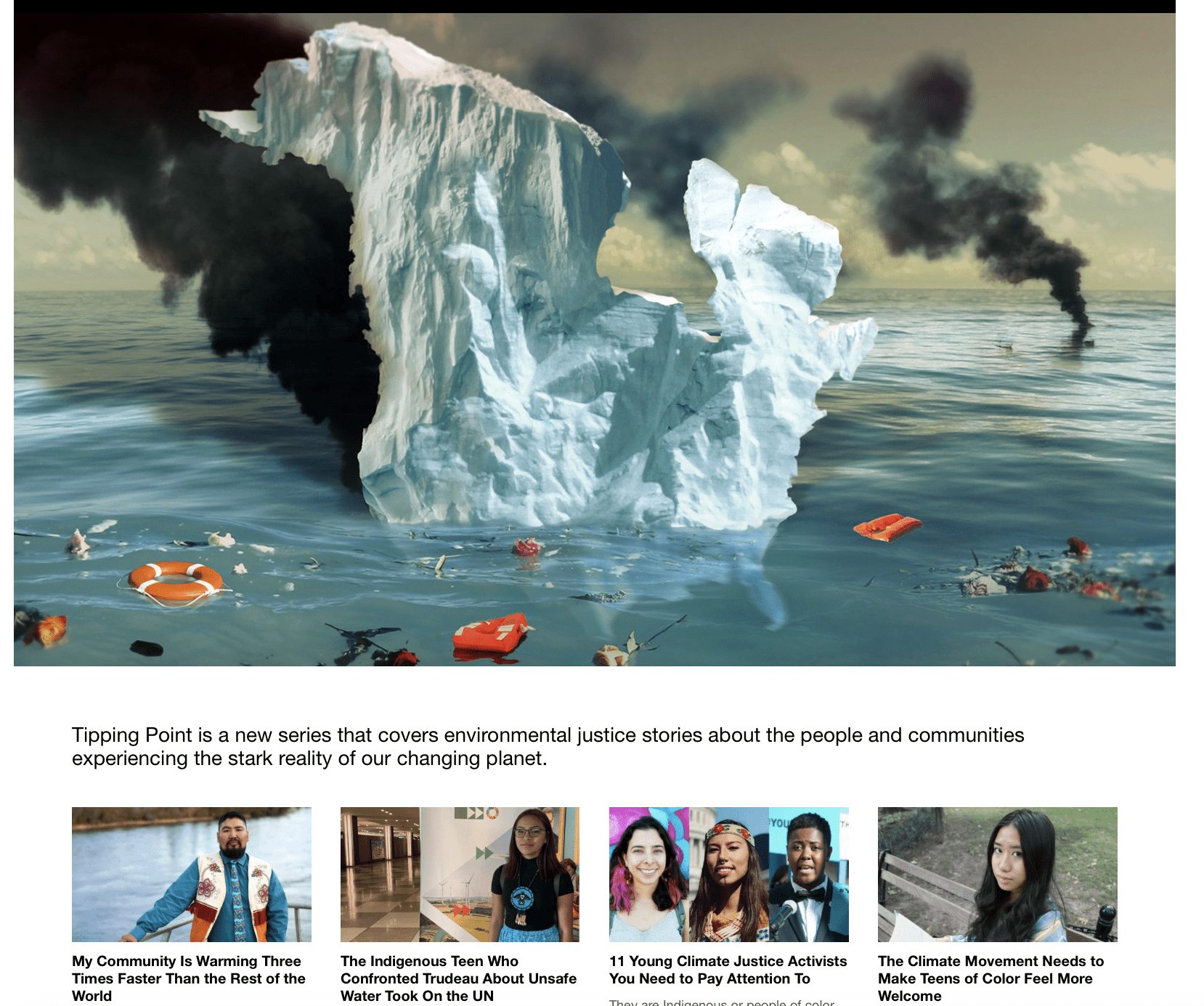 As Amira Odeh Quiñones, regional organizer for 350.org and survivor of Hurricane Maria so astutely put it, “[frontline] communities should be in this conversation because whatever policy is decided will be key for us to be able to survive”. They also serve as a physical reminder to us all that climate change is not some abstract future consequence for later generations to deal with, rather it is “something that’s happening in peoples’ lives every single day”.
As Amira Odeh Quiñones, regional organizer for 350.org and survivor of Hurricane Maria so astutely put it, “[frontline] communities should be in this conversation because whatever policy is decided will be key for us to be able to survive”. They also serve as a physical reminder to us all that climate change is not some abstract future consequence for later generations to deal with, rather it is “something that’s happening in peoples’ lives every single day”.
When the media highlights POC activists at the forefront of the movement, everyday readers are more able to recognize the true urgency of this fight, as “solutions have much more depth [when] Black and brown voices are centered”, says Feliquan Charlemagne, the national creative director of the U.S. Youth Climate Strike.
Besides, even if climate change was just a problem for the next generation or so, it does not negate anybody who is currently alive of our responsibility to protect the planet. Makaśa Looking Horse, an indigenous water activist taking on the corporate giant Nestlé in Canada, recognizes this point, as we all should, stating that it is her “inherent responsibility to [her] people to protect them and look out for the next seven generations”.
